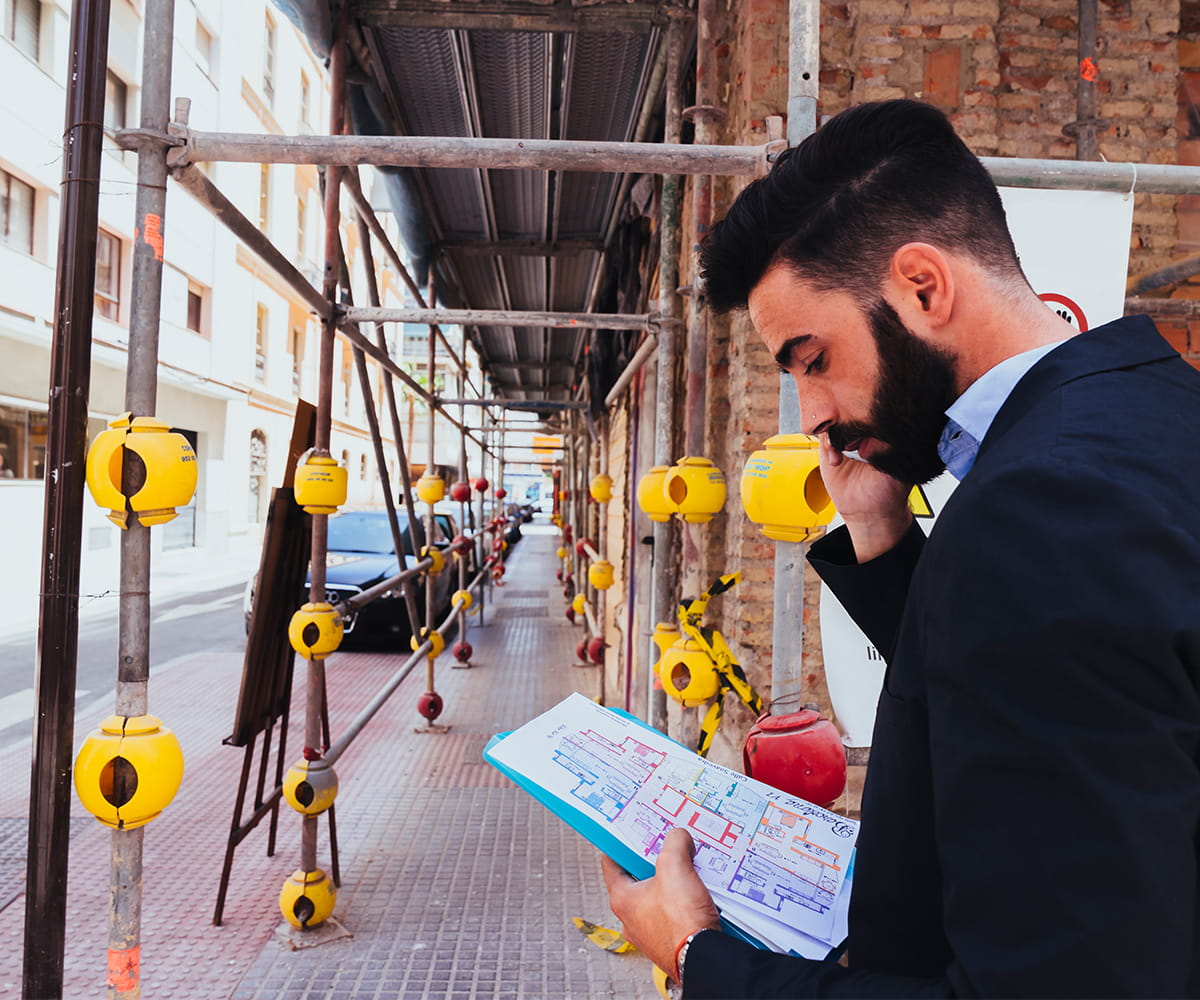Studying abroad is a thrilling adventure, one that promises a world of new experiences, independence, and the chance to meet people from diverse cultures. However, amidst the anticipation and excitement, safety concerns often loom large.
While the chances of encountering violence or antagonism are relatively low, taking proactive measures is essential to ensure your well-being throughout your international educational journey. In this comprehensive guide, we will delve into various aspects of international student safety, equipping you with the knowledge and strategies to navigate this exciting chapter of your life with confidence and security!
Preliminary Research: Know Your Destination
Even if you are embarking on your journey to the top study abroad destinations, it is imperative to equip yourself with knowledge about your host country and city. Doing so will help you make informed decisions and better understand the environment you will be living in. Here are some key research areas -
Understanding the Country's Culture
Learn in advance about the culture, customs, and traditions of your host country before moving in. Understanding these aspects will help you integrate more smoothly into the local community and avoid unintentional cultural faux pas.
Research Your Host Town or City
Each city or town may have its unique characteristics and safety concerns. Try to gather information like the local crime rates, safe neighborhoods, and areas to avoid before landing in your new home.
Connect with Current Students
One of the most valuable resources is fellow students who have already been through what you are about to experience. Reach out to your future alumnae through social media, mutual friends, or other convenient mediums to gain firsthand insights and advice about safety in your host city.

Staying Alert: Trust Your Instincts
Remaining vigilant and tuned in to your surroundings is one of the most effective ways to ensure your safety as an international student. Here are some guidelines to keep in mind in that respect -
Awareness in Crowded Areas
Even in crowded areas, maintain your awareness. Keep an eye on what is happening around you. If something makes you uncomfortable, do not hesitate to remove yourself from the situation.
Trust Your Instincts
Your instincts are your best ally. If something feels off or suspicious, listen to that inner voice and act accordingly.
Use Your Assets Wisely
Instead of keeping all your money in one place, consider spreading it across different locations. This minimizes the risk of losing everything if you are a victim of theft, misplacement, or any unprecedented situation.
While it is essential to have some cash on hand, using cards for transactions is often a safer option. They provide a record of your spending, offer security features, and can be easily replaced if lost or stolen.
Leave Your Passport Secure
When you are outside, it is best to leave your passport safely stored at your accommodation. If you do not have a permanent address, consider contacting your university's foreign support office to arrange for secure storage on campus.
Stay Connected: Your Lifeline to Safety
Studying abroad from Bangladesh, especially with a scholarship, can be incredibly thrilling. However, before you set out to explore a new area in your new home country, take the time to do some homework and gather safety information, every time. Always inform your friends and family about your plans in advance, and let someone you trust know your current location when you are out and about. By following these precautions, you will have a worry-free exploration of your new destination and will be able to enjoy it to the fullest!
Get a Local Phone Number
Acquiring a local phone number will make it easier to stay in touch with your friends and family, the university office, and your roommate. This will ensure you can reach out for assistance or support when needed.
Keep Your Phone Charged
Make it a habit to keep your phone charged and set to ring when you are not in class. This ensures that you can be reached in case of emergencies or last-minute changes to your plans.
Share Your Itinerary
Inform someone you trust about your whereabouts and plans. Let them know if you are traveling to another town, exploring a new neighborhood, or even doing something as simple as heading to the nearest retail mall. This simple step can be invaluable in case you encounter any difficulties.
Location Sharing
Consider using location-sharing apps or features on your phone to share your current location with someone you trust. This can be particularly helpful when you are in unfamiliar places.

Emergency Numbers for International Students
In this segment, we have compiled a handy list of national emergency numbers for international students studying abroad. It is important to know these numbers for your safety and well-being while you are in a foreign country.
Australia
National Emergency Number: 000
Canada
National Emergency Number: 911
UK
National Emergency Number: 999 or 112
USA
National Emergency Number: 911
Malaysia
National Emergency Number: 999
In cases of any form of urgency, necessitating immediate police, fire, or ambulance assistance, it is essential to call the national emergency numbers.
Conclusion
In conclusion, studying abroad offers a life-changing career opportunity, however, ensuring your safety is paramount to making the most of your time as an international student. By conducting preliminary research, staying vigilant, and staying connected, you can create a secure and enriching international education journey.
Whether you are headed to the United Kingdom, Australia, or any other destination, these safety guidelines will serve as your comprehensive companion, helping you navigate your new environment with confidence. If you still have any queries in your mind, do not hesitate to reach out to our educational consultants here at PFEC Global! We are here to assist students at every step of their study abroad journey. Please reach out to us at 096 09 800 300 (Dhanmondi), 096 09 800 700 (Banani), 096 09 800 400 (Chittagong), every Saturday to Thursday from 9:30 AM to 5:30 PM, for more details.
Frequently Asked Questions (FAQs)
How can I stay safe while studying abroad?
Answer: Learn the local language basics, use public transport wisely, know local laws, and have emergency contacts ready.
What are the challenges faced by international students?
Answer: Challenges faced by international students include difficulties with language, academic expectations, and sometimes experiencing discrimination.
What is the best way to protect documents while studying abroad?
Answer: The best way to protect documents is to make digital and physical copies. Besides, keep documents close and consider tracking devices.
What not to do while studying abroad?
Answer: Avoid risky behavior and follow local laws to stay safe and make the most of your study abroad experience.
Does medical insurance cover getting sick?
Answer: Yes, medical insurance can cover getting sick by helping to pay for your medical expenses if you have a covered illness or injury while studying abroad.



